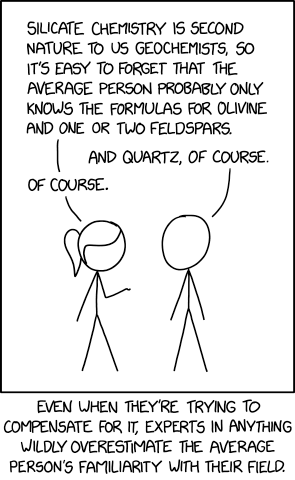So, Alec over the Technology Connections channel made an hour long video explaining the difference with kW and kWh (obviously with other stuff around it).
I'm living in northern Europe in an old house, with pretty much only electric appliances for everything. We do have a wood stove and oven, but absolute majority of our energy consumption is electricity. Roughly 24 000 kWh per year.
And, while eveything he brings up makes absolute sense, it seems like a moot point. In here absolutely everyone knows this stuff and it's all just common knowledge. Today we went into sauna and just turned a knob to fire up the 6,5kW heaters inside the stove and doing that also triggered a contactor to disengage some of the floor heating so that the thing doesn't overload the circuit. And the old house we live in pulls 3-4kW from the grid during the winter just to keep inside nice and warm. And that's with heat pumps, we have a mini-split units both on the house and in the garage. And I also have 9kW pure electric construction heater around to provide excess heat in case the cheap minisiplit in garage freezes up and needs more heat to thaw the outside unit.
And kW and kWh are still commony used measurement if you don't use electricity. Diesel or propane heaters have labels on them on how many watts they can output right next to the fuel consumption per hour and so on. So I'm just wondering if this is really any new information for anyone.
I assume here's a lot of people from the US and other countries with gas grid (which we don't really have around here), is it really so that your Joe Average can't tell the difference between 1kWh of heat produced by gas compared to electricity? I get that pricing for different power sources may differ, but it's still watt-hours coming out of the grid. Optimizing their usage may obviously be worth the effort, but it's got nothing to do with power consumption.
So, please help me understand the situation a bit more in depth.


